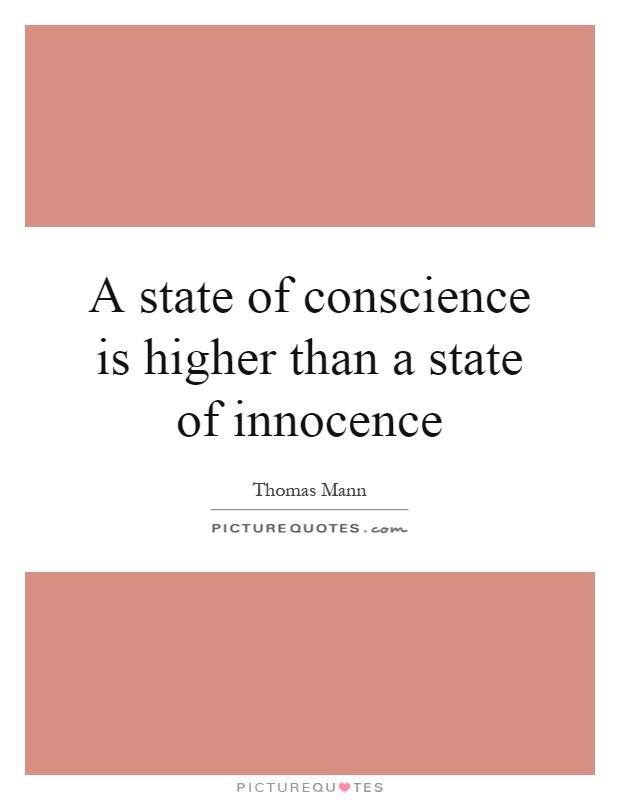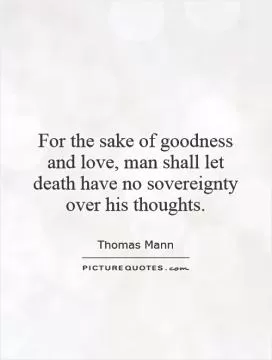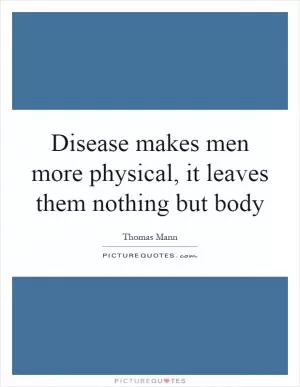A state of conscience is higher than a state of innocence

A state of conscience is higher than a state of innocence
In the context of Thomas Mann's works, the idea that a state of conscience is higher than a state of innocence is a recurring theme that is explored in depth. Mann, a German novelist and essayist known for his complex and philosophical works, often delves into the moral and ethical dilemmas faced by his characters, highlighting the importance of self-awareness and moral responsibility.One of Mann's most famous works, "Death in Venice," exemplifies this theme through the character of Gustav von Aschenbach. Aschenbach, a renowned writer, becomes infatuated with a young boy while on vacation in Venice, leading him to confront his own desires and inner turmoil. Throughout the novella, Mann explores the idea that innocence can be a facade, masking deeper, darker impulses that must be acknowledged and confronted. Aschenbach's journey towards self-awareness and acceptance of his own desires ultimately leads to his downfall, highlighting the dangers of ignoring one's conscience in favor of maintaining a facade of innocence.
Similarly, in Mann's novel "The Magic Mountain," the protagonist Hans Castorp undergoes a transformative journey of self-discovery during his stay at a sanatorium in the Swiss Alps. As Castorp becomes increasingly entangled in the complex social dynamics of the sanatorium, he is forced to confront his own beliefs and values, ultimately leading to a heightened state of conscience. Mann uses Castorp's journey as a metaphor for the broader human experience, emphasizing the importance of self-reflection and moral responsibility in navigating the complexities of life.
Overall, Mann's exploration of the idea that a state of conscience is higher than a state of innocence speaks to the complexities of human nature and the moral dilemmas that individuals face. Through his nuanced and thought-provoking works, Mann challenges readers to confront their own beliefs and values, urging them to strive towards a higher state of self-awareness and moral responsibility. In doing so, Mann's works continue to resonate with readers, offering timeless insights into the human condition and the importance of living a life guided by conscience.












 Friendship Quotes
Friendship Quotes Love Quotes
Love Quotes Life Quotes
Life Quotes Funny Quotes
Funny Quotes Motivational Quotes
Motivational Quotes Inspirational Quotes
Inspirational Quotes